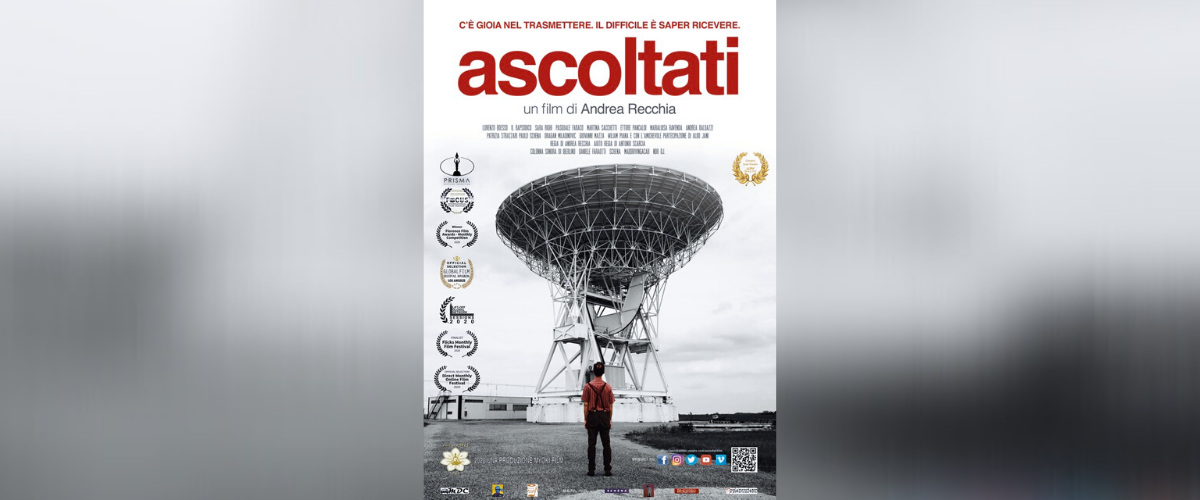
Everything happens for a reason, and Andrea, the protagonist of this film, finds this the hard way. After his mother passes away, Andrea tries to cope with this loss, feeling empty, sad, and alone. He does not know what to do or how to react, so he tries to find comfort in the small things around him. Andrea’s quest to find inner peace goes deep inside the self, and at one point, the whole journey exceeds the outside world.
Andrea Recchia’s film is indeed surprising, extremely complex and yet so profound and straightforward that the beauty of it actually comes from the inside, and more precisely from its emotional bits. The score, for example, stands out by keeping a constant pace, soothing the soul when it needs to be comforted and giving it a boost when the story calls for it. The many scenes where Andrea, played by Lorenzo Boesso, is alone, contemplating life and how vulnerable we are in front of death are breathtaking. Let us take, for example, the scene where he tries to solve the Rubik’s cube – the hidden message behind this action is nothing but poetic as Andrea repeatedly tries to find a way to make the colors match when it seems to be very hard. At one point, when he moves one of the bricks, it comes out, and the cube is ruined. Here, the parallel between the game itself and life is not hard to forget as we try our best to make our life better, to make it worthwhile while we are aware that it takes one wrong step to put an end to all of it.
Recchia built more than the eye can see. In ‘Ascolati’, there are several hidden messages, maybe more than the ones we have found, making the whole project a memorable experience.





